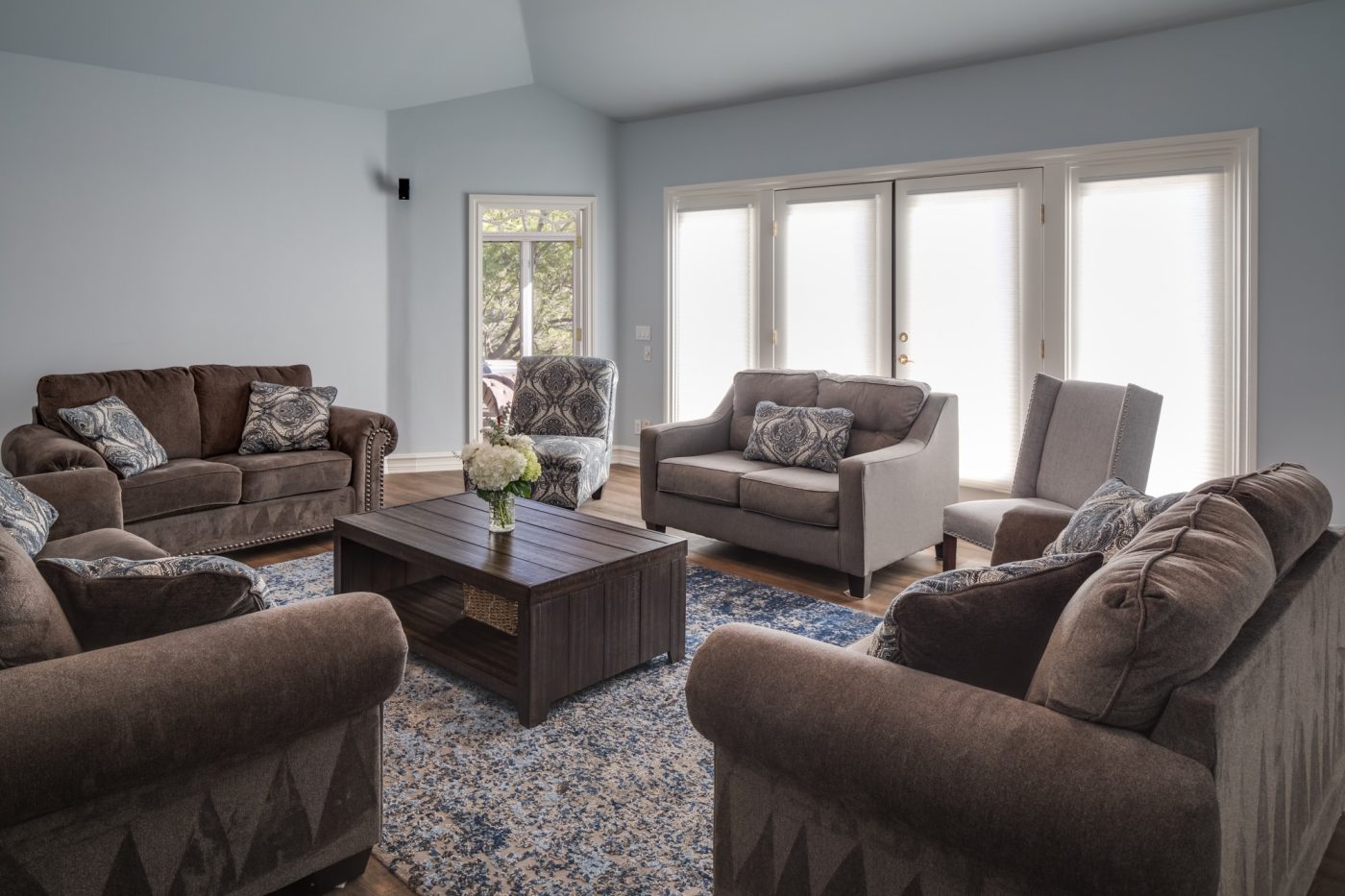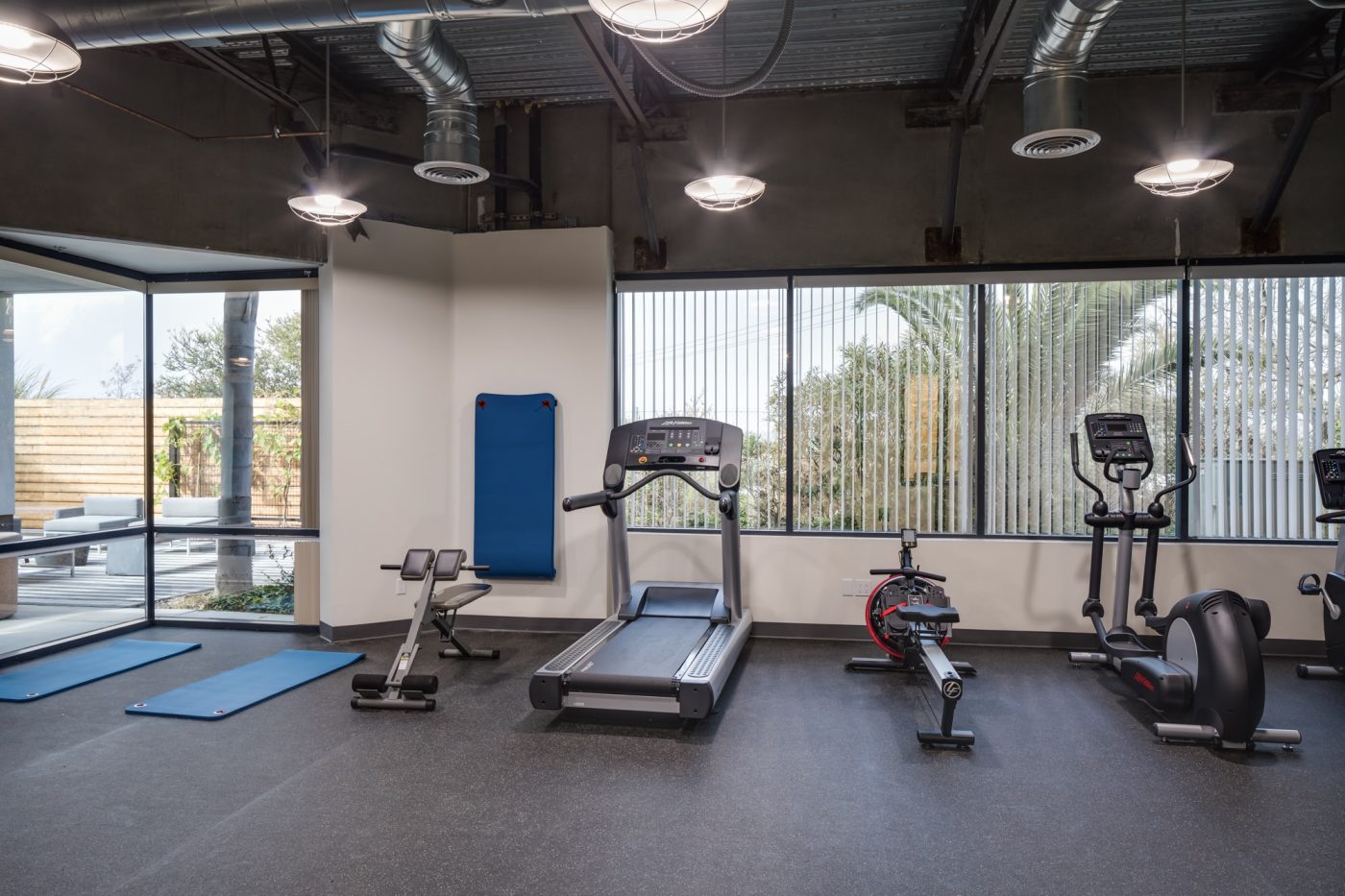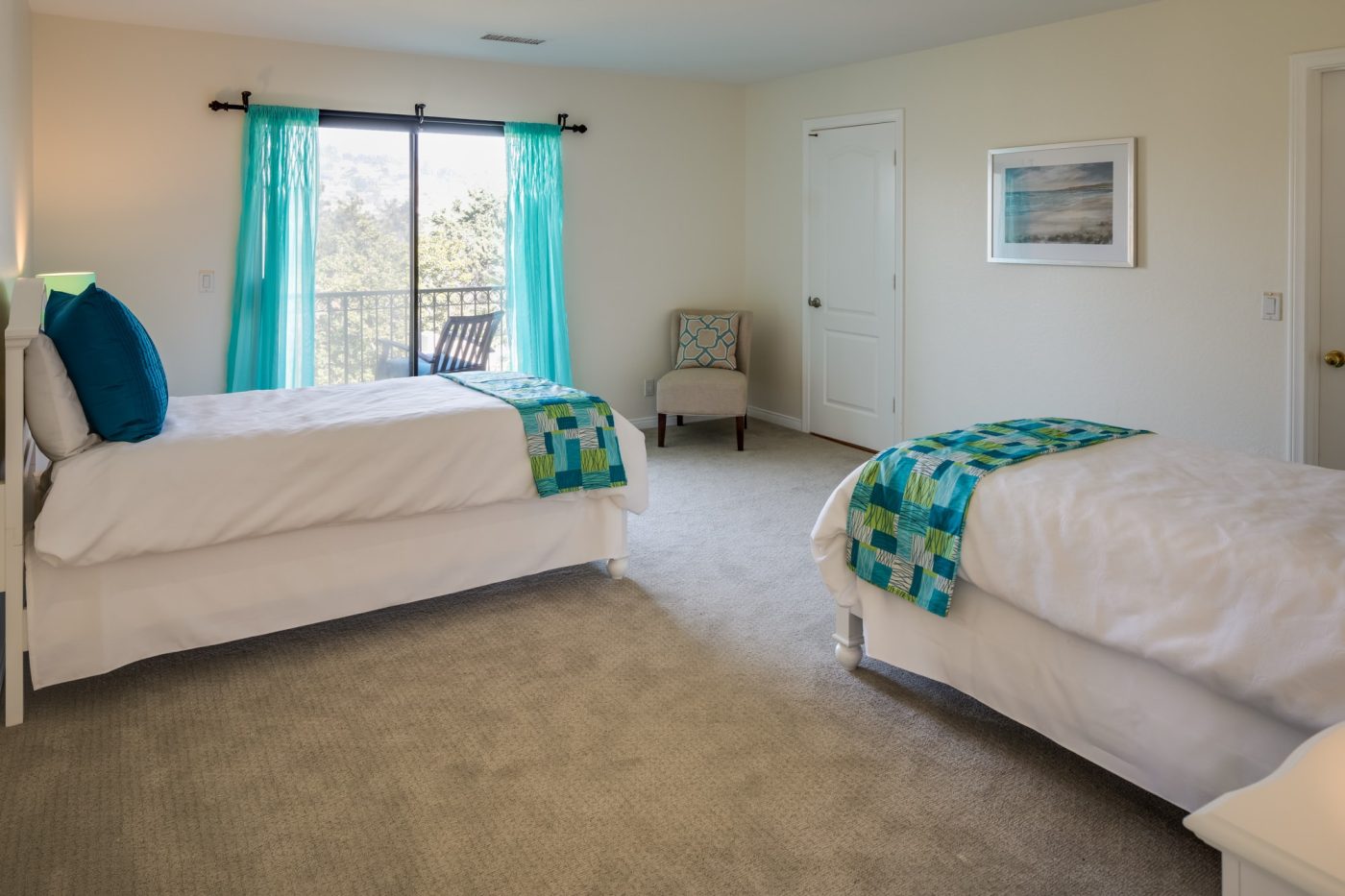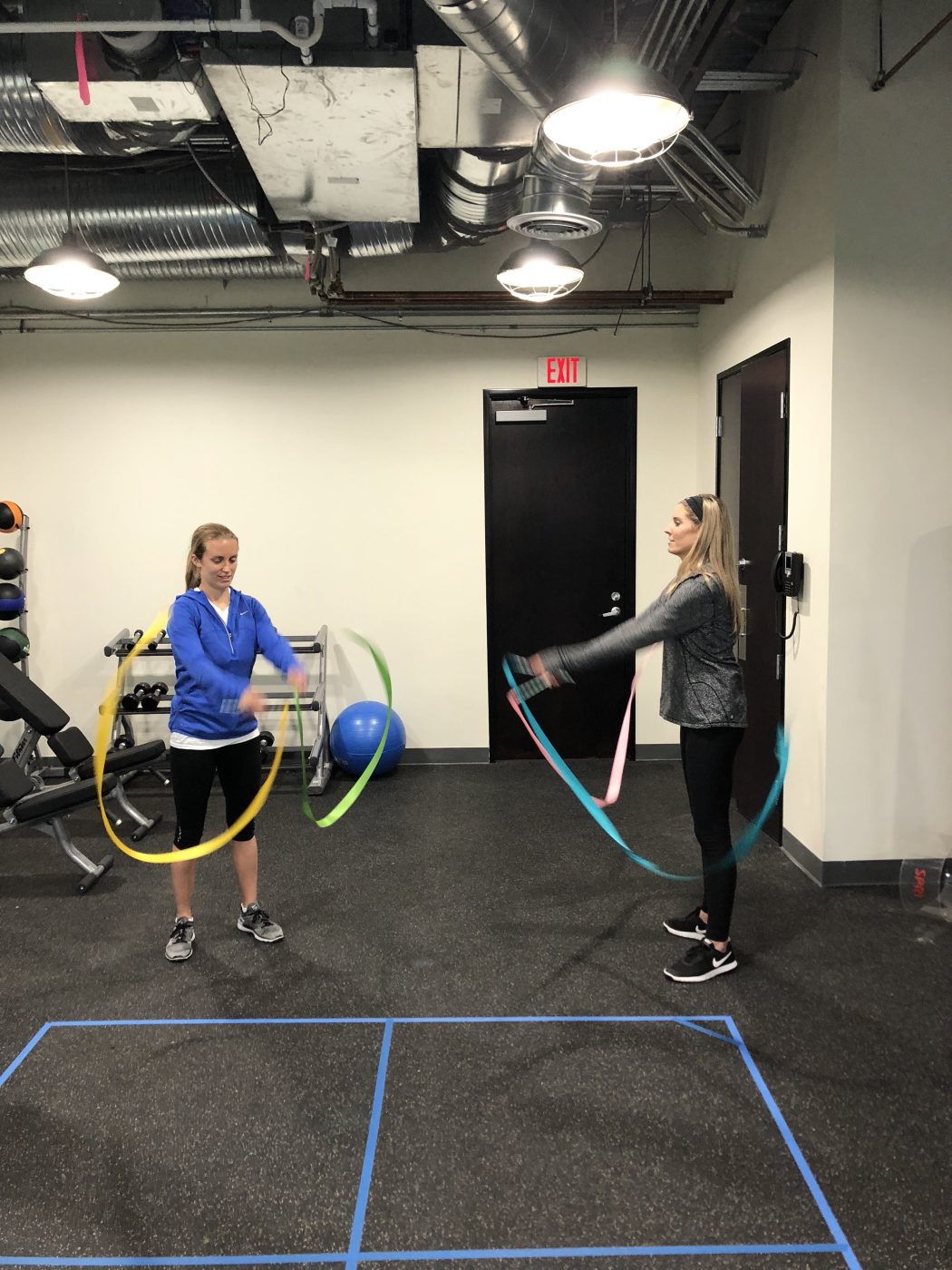Proudly serving Southern California, Montecatini Eating Disorder Treatment Center has helped transform the lives of females, ages 12+, struggling with anorexia for over 30 years.
Anorexia Treatment
Learn more about anorexia treatment at Montecatini Eating Disorder Treatment Center in Southern California
At Montecatini, we offer the transformative and life-saving care that has helped countless women recover from anorexia. We know the extraordinary courage it takes to address the physical, emotional, mental, and spiritual aspects of living with an eating disorder, and how vital it is to feel safe and supported. That’s why, in a serene and intimate environment, each patient’s treatment plan is customized to address her unique challenges, her unique family dynamics and history, her unique dreams for the future, and more. Our approach is collaborative and highly personalized, born out of true empathy and compassion.
Anorexia nervosa is a serious mental disorder that involves both emotional turmoil, and dangerous patterns of disordered eating, that can compromise a person’s ability to live a happy, healthy life. Those who struggle with this condition often go to great lengths to avoid weight gain in order to achieve the lowest weight possible. Driven by an intense fear of gaining weight or becoming fat, individuals battling anorexia nervosa may deny themselves the nourishment needed to live, or resort to drastic measures to prevent their bodies from absorbing the food they consume. There is often a distorted perception of body weight and shape in those with this eating disorder, which further adds to the desire to be thin. And while those suffering from this dangerous disorder may feel as though there is no escape from their emotional pain and controlled eating habits, there is hope. Since 1991, Montecatini has helped hundreds of women heal their relationships with their bodies and food, and begin living lives that are free from the constraints of an eating disorder.
Helping a Loved One
Helping a loved one get treatment for anorexia
Eating disorders can be painful not only for those suffering from them, but also for the people who love someone with an eating disorder. Perhaps your loved one is a friend, daughter, partner, relative, or sister. The strain of watching her weight fluctuate or drop precipitously, combined with a feeling of being unable to do anything to help, can be entirely overwhelming. Thankfully, you can take the following steps to help your loved one find healing:
- Learn all that you can about anorexia nervosa and become familiar with the signs, symptoms, and effects of this eating disorder. By educating yourself about this condition, you will become more empathetic towards what your loved one is currently going through.
- Establish a plan of action with friends and family members in terms of what to do should your loved one experience a medical emergency. Forming a safety plan is a great way to protect your loved one’s health while anorexia rehab options are explored.
- Research rehab options that have helped others who struggled with anorexia nervosa. Eating disorders require specific interventions and treatment protocols in order to garner the most favorable treatment outcomes. Identify centers that offer this type of treatment.
- Provide your loved one with the findings from your research and offer to assist her in scheduling a tour of a center or an admissions assessment.
- Assist your loved one with any arrangements that need to be made in order for her to attend treatment. This can include transportation arrangements, coordinating childcare, and packing.
Once your loved one has engaged in treatment, it is crucial to keep the following in mind:
- Remain an active source of support for your loved one.
- Attend any scheduled family sessions or opportunities to visit your loved one while she is in treatment.
- Consult with your loved one’s treatment providers to see what you can do to make the transition home one that is smooth and encourages the progress made in treatment.
- Seek your own support, and do not neglect your own needs.
- Consider attending our free ANAD Family and Friends Support Group that we host every Wednesday.
The suggestions and tips above can play an essential role in helping your loved one break free from the powerful grasp of anorexia nervosa.
Why Consider Treatment
Why consider treatment for anorexia
Getting rehab treatment for an eating disorder like anorexia nervosa is of vital importance. An unfortunate facet of anorexia is its ability to have a profound and devastating impact on an individual’s physical health. The psychological disturbances that are cornerstone to this eating disorder cause those who suffer from it to experience a wide range of health concerns that can be fatal if treatment is not sought. An ardent need to be thin, coupled with a poor perception of self, compels these individuals to fast, exercise excessively, adhere to extreme diets, or engage in binge-purge behaviors that can include vomiting and the misuse of substances in order to prevent weight gain. Grappling with all of these factors long-term can result in worsening mental health, heart problems that can lead to cardiac failure, severe dehydration, infertility, osteoporosis, hair loss, and irreversible damage to vital organs and organ systems. Merely treating the physiological aspects of this eating disorder, without treating the psychological factors, will likely cause an individual to resort back to the behaviors that caused such health concerns in the first place. By seeking care that addresses the full spectrum of what plagues those battling anorexia, a person can experience true healing that can be lasting.
Why consider Montecatini
- Treatment is provided in a warm, family-like atmosphere.
- Programming is supplied by staff who demonstrate true empathy.
- Customized, multi-dimensional treatment plans are created for each patient.
- Skill-building opportunities are provided so that patients can learn to integrate healthy behaviors into daily living.
- Personalized, consistent care is afforded to each patient.
- Comprehensive family support and therapy are integral parts of treatment at Montecatini.
- Simultaneous treatment for co-occurring disorders is available.
- Renowned medical and psychiatric management round out the therapeutic services we offer.
- Nutrition therapy is factored into each patient’s treatment in order to help them reestablish a healthy relationship with food.
- A full continuum of care is offered in order to ensure each patient’s long-term recovery.
At Montecatini, we believe that no matter how long you have suffered from an eating disorder, recovery is possible and hope is manifested daily, as we work together in support of your long-term healing and inner-peace.
Types of Treatment
Types of anorexia treatment offered at Montecatini Eating Disorder Treatment Center
Since treating our very first patient in 1991, Montecatini has helped inspire and transform the lives of hundreds of women. We are nationally recognized as a leading provider of eating disorder treatment and are dedicated to helping our patients resume their lives as healthy, joyful individuals who are ready to live to their fullest potential. Females aged 12 and up can heal in our residential, partial hospitalization, and intensive outpatient programs. These programs are designed to help our patients overcome anorexia nervosa, bulimia nervosa, or binge-eating disorder, as well as co-occurring mental health and substance use disorders.
Montecatini is located just three miles from the Pacific Coastline in picturesque Carlsbad, California. The center itself exudes the comfort and safety akin to being at home, and our staff puts forth every effort to ensure that the atmosphere we create is both peaceful and conducive to recovery. Each patient is treated with the utmost respect and dignity, and her care will be personalized to her unique history, challenges, life experiences, and needs.
Our staff of passionate and devoted professionals, many of whom have overcome their own struggles with eating disorders, work in close collaboration with each patient who comes to us for treatment. By creating personalized plans for each person who chooses to heal with us, we are able to provide the highest quality of care while honoring the individuality of each patient. Depending upon the outcome of an initial assessment, patients may have the following interventions incorporated into their customized treatment plans:
Medical care: For patients who are medically stable, yet still require additional care for their physical health as they navigate the recovery process, Montecatini is pleased to offer renowned medical care. As a distinguished provider of eating disorder treatment, we recognize that the physical health of our patients can be compromised by the presence of an eating disorder. We also partner with specialists in San Diego to ensure our patient’s medical needs are appropriately met.
Medication management: When a patient comes to us battling a mental health condition in addition to an eating disorder, she may benefit from the inclusion of certain medication(s). Our psychiatrist is available to meet with patients once per week to assess medication needs, prescribe medication, and adjust dosages as needed. Physician’s assistants and nurses are also available to monitor the effectiveness of any medication that is prescribed and to ensure that patients are adhering to medication regimens.
Individual therapy: Individual therapy occurs three times per week. Each patient patient meets with her assigned primary therapist in a one-on-one setting, which is an excellent forum to assess progress and discuss setbacks and successes that have occurred during treatment.
Family therapy: Each patient’s family members are invited to participate in family therapy sessions while their loved one is receiving treatment. This treatment method, offered once per week unless indicated otherwise, is designed to heal emotional wounds and promote unity among our patients and their primary support networks.
Group therapy: Offered up to five times per day, group therapy is a key component of treatment at Montecatini. Led by therapists, registered dietitians, nurses, patient assistants, yoga instructors, and art therapists, group therapy covers a wide range of topics that can further the recovery process and provides an excellent forum for patients to gain support and encouragement from staff members and other patients. Groups that may be incorporated into a patient’s treatment plan include the following:
- Interpersonal process group
- Dialectical behavior therapy (DBT)
- Cognitive-behavioral therapy (CBT)
- Expressive arts therapy
- Relapse prevention
- Body image
- Integrated care group that is focused on substance use
- Nutrition counseling and education group
- Spirituality/12-Step group
- Yoga
- NIA
- Mindfulness/meditation
- Action planning
- Family weekend incentives
- Outside 12-Step group
- Exposure therapy
- Menu planning and meal preparation
- Food and feelings group
Experiential therapy: In order to help our patients nurture the mind-body connection and apply learned skills in real-world settings, we are proud to offer a number of experiential therapy opportunities. Experiential therapies complement the other therapeutic interventions we provide and typically take place once per week. Depending on the patient’s needs, the following may be part of her personalized treatment plan:
- Clothes shopping
- Restaurant outings
- Beach trips
- Grocery shopping
- Challenge food outings
- Group dinners
Our experienced staff members, many of whom have specialized training in therapeutic techniques and treating a myriad of co-occurring conditions, assess patients needs on an ongoing basis and can recommend additional interventions if they are determined to be conducive to a patient’s recovery.
Because we realize that the recovery process does not end with the completion of residential rehab, Montecatini purposefully begins preparing our patients for discharge on the day they are admitted to our program. Many of our patients transition to our partial hospitalization program (PHP) after completing our residential treatment, and then step down to our intensive outpatient program (IOP) after completing PHP. Each patient’s primary therapist determines and coordinates the most appropriate follow-up and aftercare services, and alumni of our program are welcome to attend our weekly support groups and Alumni Events and Celebrations for a long as they wish. Our goal is to help our patients return to lives that are not only functional, but joyful and deeply supported as well.
Articles
Articles about anorexia
- Anorexia is Only the Beginning of the Nightmare
- Can an Anorexic go to Overeaters Anonymous?
- Anorexia Death Rate Five Times Higher Than Average
- Drunkorexia Trend On College Campuses
- Genetics May Play a Role In Pressure To Be Thin
- Gray Swan
- The Link Between Anorexia and Suicide
- Neophobia – Extremely Picky Eating
- New Diet Drugs May Lead To New Drug Abuses
- Anorexia Among Pregnant Women Rises
- Preteen Food Choices May Predict Future Eating Disorders
- Treatment of Anorexia Athletica
- Vegetarianism and Eating Disorders
- Vegetarianism May Indicate an Eating Disorder

























